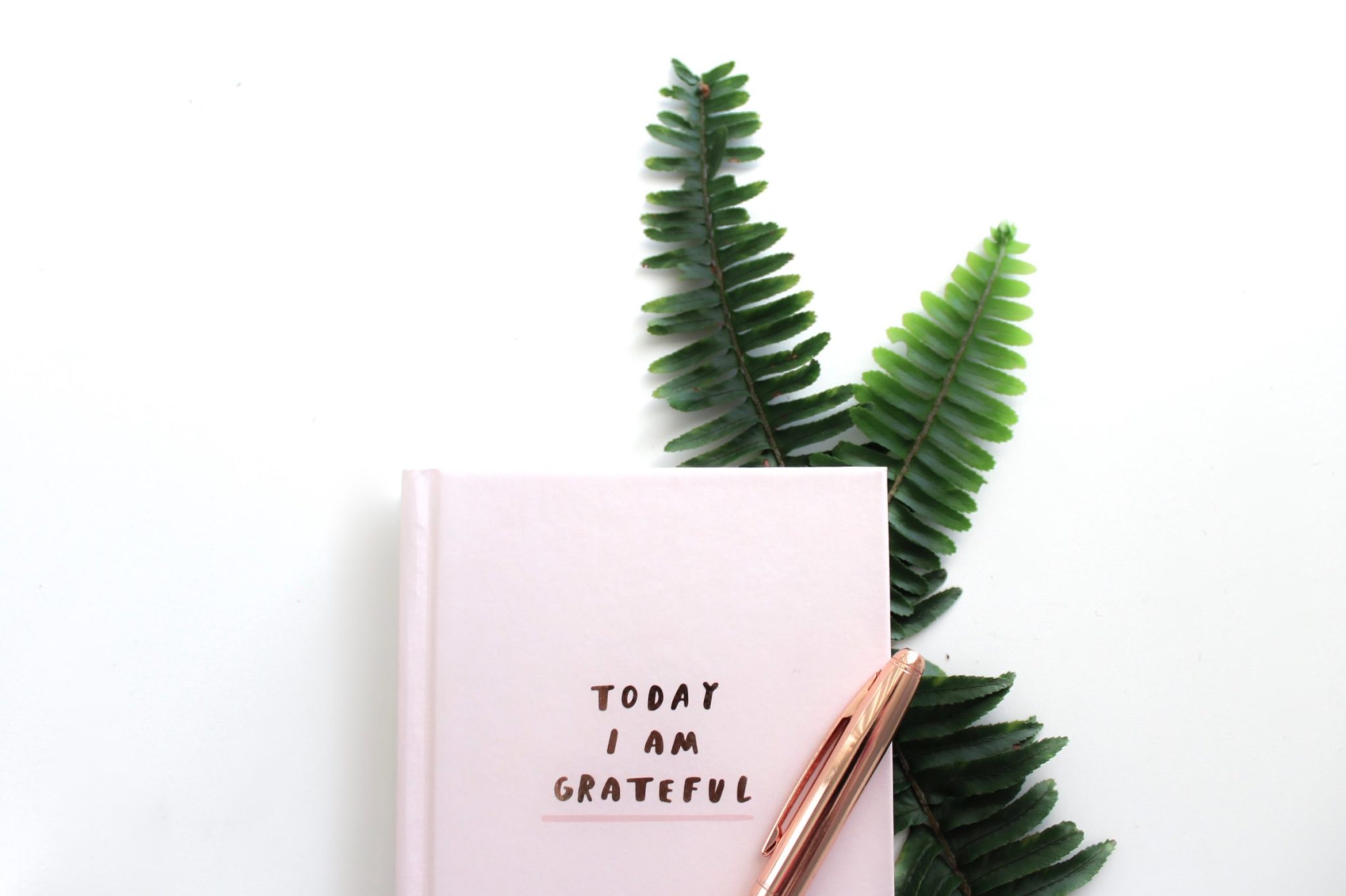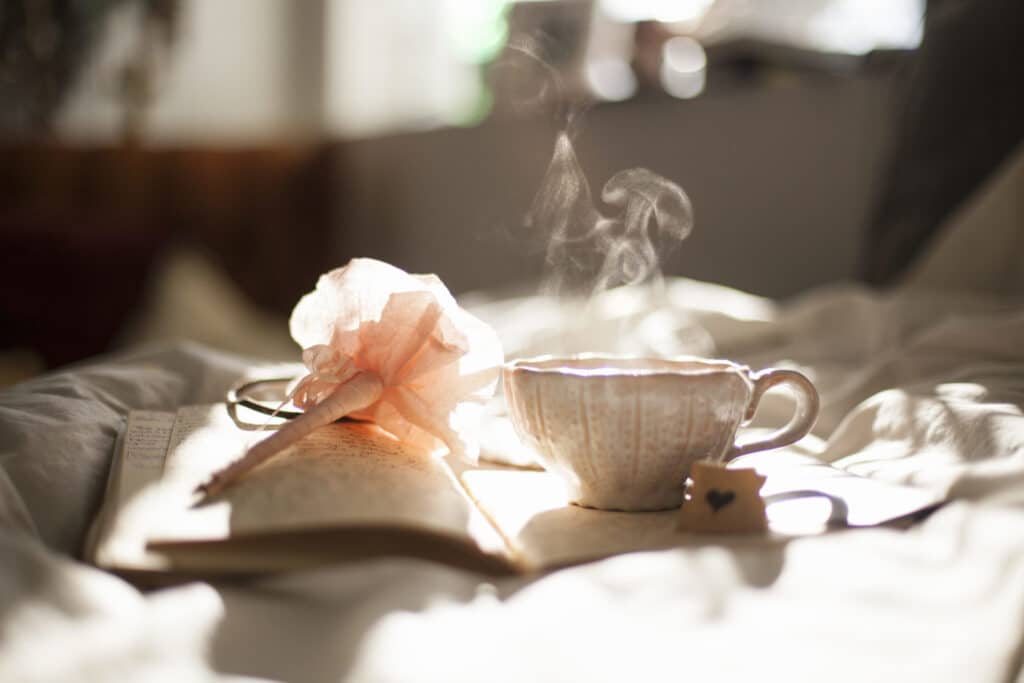Are you grateful for your parents?

It struck me that a gratitude practice, applied specifically to her mom, was a good avenue to make this change.
The benefits of being grateful
We humans have a negativity bias and tend to not notice the good stuff that happens in our daily lives.
The research jury gives a big thumbs up to the benefits of practicing gratitude. Such a practice can potentially improve my relationships (yes, even that one), lower my stress (and the nasty stress hormone cortisol), improve my sleep, and increase my life satisfaction. Bottom line: grateful people are happier and more satisfied.
My friend was pumped. “Great. I am all in,” she said. “There is just one problem…”
A conversation with a friend: how the problem got solved
Friend: I have at least 4 incredibly beautiful and inspiring looking gratitude journals, and all of them are vacant beyond the first 20 pages. I just didn’t have the umphh to pick up a new one. How do I get derailed? Why do I get derailed?
Me: It’s less about why and how you get derailed, and more about how to get back on the proverbial horse and keep your motivation going. You need a plan, and you know how I love to help people develop a plan. First, you need to get past judging yourself for finding it hard to keep your practice going. Don’t get all fixated on that.
Friend: Alright. I hereby let go of my self-criticisms and am ready to start anew.
Me: Write down your intention to have a daily gratitude practice.
Friend: Ugh! Really?
Me: Goals written down are more likely to be goals met! In fact, write them down & then send them to me. I’ll hold you accountable. Many of us need to build-in accountability, especially when we are trying to start a new routine or habit.
Friend: Ok. Agreed. I’m on board.
Me: Gratitude is a word that can get tossed around too lightly. Think of it instead as deep appreciation, as this will have a longer lasting positive impact.
Friend: Got it. Deep appreciation it is!
Me: Now, think about what is the best fit for you in terms of a gratitude practice. Maybe the fact that you have 4 incomplete journals suggests that journaling just isn’t your thing (my friend and I have always called a spade a spade).
Friend: Duh, that’s it. I really want to be a journal writer, but can actually date unfinished ones back to my childhood!
I shared what I know about the different ways to express gratitude.
3 simple ways to practice gratitude
1. Make a gratitude board.
This can be as simple as a piece of paper with Gratitude Board written at the top or you can draw on your creative juices to make this into a piece of art (at last count, Pinterest had a gazillion gratitude board images). Posting this where you can see it will help you to focus on the positive. You can even foster good relationships by creating a board with someone and committing to writing at least one thing each day about the other person that you are grateful for (what they did, said, and even what they didn’t say or do!).
2. Create a gratitude jar.
This may be more appealing if you don’t want your gratitude to be for public viewing (though it is an amazing conversation starter…) Write down your thoughts, put them in a jar, and pick a time when you will review the contents.
3. Write in gratitude journal.
This is teaching (rewiring) your brain to experience more gratitude. The more you notice, the more you will notice! This is most effective if practiced daily. Keep it interesting for yourself by not allowing repeats (well, okay, not many repeats!). Also, be specific, rather than general.
How to choose your gratitude practice
It is important to choose a gratitude practice that works for you. One isn’t better than the other. Choose the one that is most appealing to you.
My friend landed on the gratitude board because she also liked being creative. She also thought that the visibility of a physical board will make it harder to forget (or ignore).
For further accountability, she will send a quick text to me when she makes an entry on the board. We also agreed that I would drop in around once a week to see it and if I couldn’t, she would just send me a picture of her board. We laughed, calling this the “no exit” accountability plan. What was left to do? Take each other out for lunch.
Curious how grateful you are? Complete this gratitude quiz to establish a baseline.
What is one thing you’re grateful for about your parents? What is one more thing? And one more thing? It is a practice, after all!








